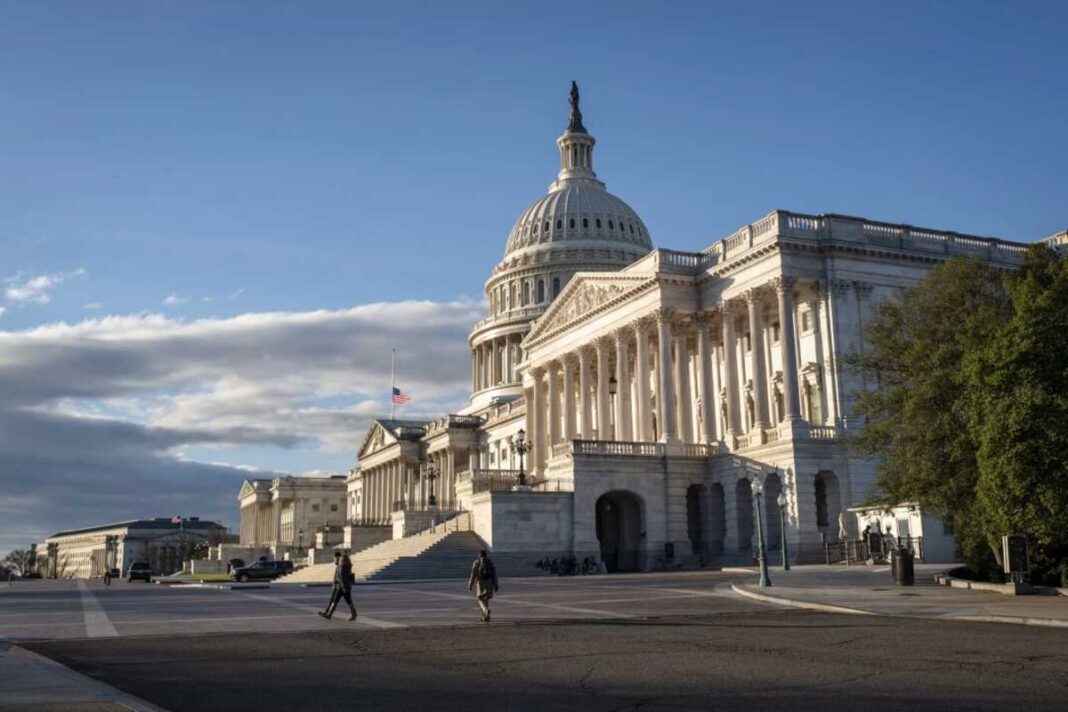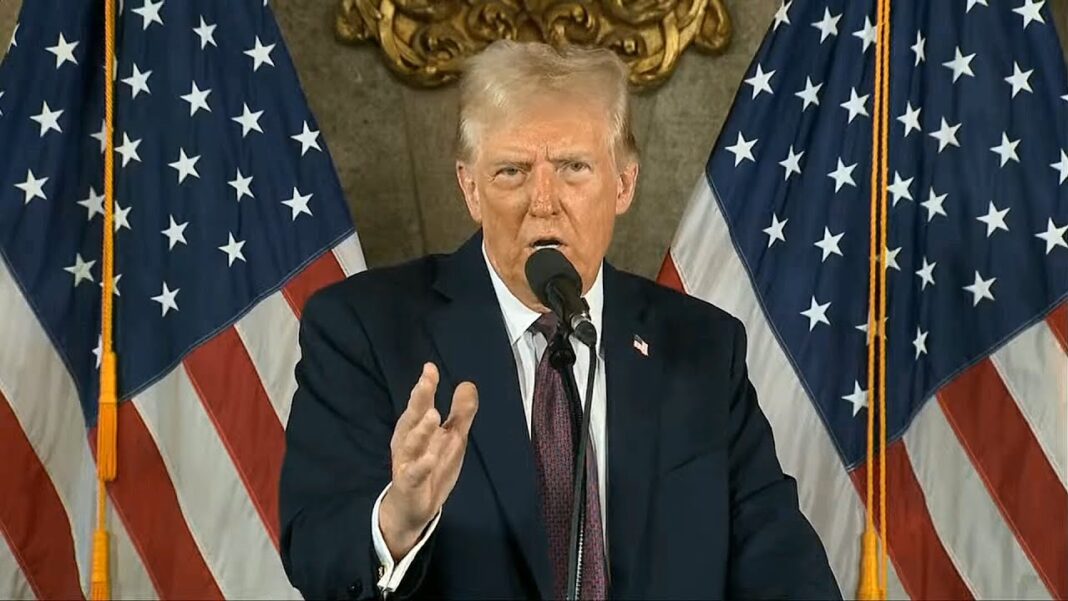A budget reconciliation bill allows major spending changes by a simple majority vote. That may be difficult given disagreements on fiscal policy within the GOP.
Congressional Republicans intend to use the budget reconciliation process to fund President-elect Donald J. Trump’s second-term agenda within 100 days of his inauguration.
With control of both the House and Senate, Republicans might achieve that goal, but there are obstacles. They must first agree on both the process for considering the legislation and its substance, then pass it quickly.
The entire Trump agenda is at stake because it depends on immediate action, given the looming midterm elections and Trump’s own term limit. If Congress cannot provide the funds for Trump’s initiatives within the next few months, experts say the president may struggle to get much done in his second term.
What is Budget Reconciliation?
Process
A budget reconciliation bill enables Congress to quickly pass tax, spending, and debt ceiling legislation with a simple majority. Most Senate actions require a three-fifths majority or 60 votes, but a reconciliation bill is an exception.
“Reconciliation bills, in general, are the vehicle of choice now to pass partisan-driven tax and spending changes,” Henry Olsen, a senior fellow with the Ethics and Public Policy Center, told The Epoch Times on Jan. 6.
The Tax Cuts and Jobs Act of 2017, the American Rescue Plan Act of 2021, and the Inflation Reduction Act of 2022 were reconciliation bills.
House Speaker Mike Johnson (R-La.) would like to pass the entire agenda in a single reconciliation bill. The advantage, analysts say, is that it provides fewer opportunities for congressional Republicans to balk at parts of the plan.
“The more you chop things up, the more opportunities that gives people to express reservations and to scuttle individual components,” Matthew Wilson, an associate professor of political science at Southern Methodist University, told The Epoch Times.
A single bill would require Republicans to cast an up-or-down vote on the entire Trump agenda, Wilson said, making dissent less likely.
Senate Majority Leader John Thune (R-S.D.) favors a two-bill approach, possibly to get faster action on certain parts of the Trump agenda.









